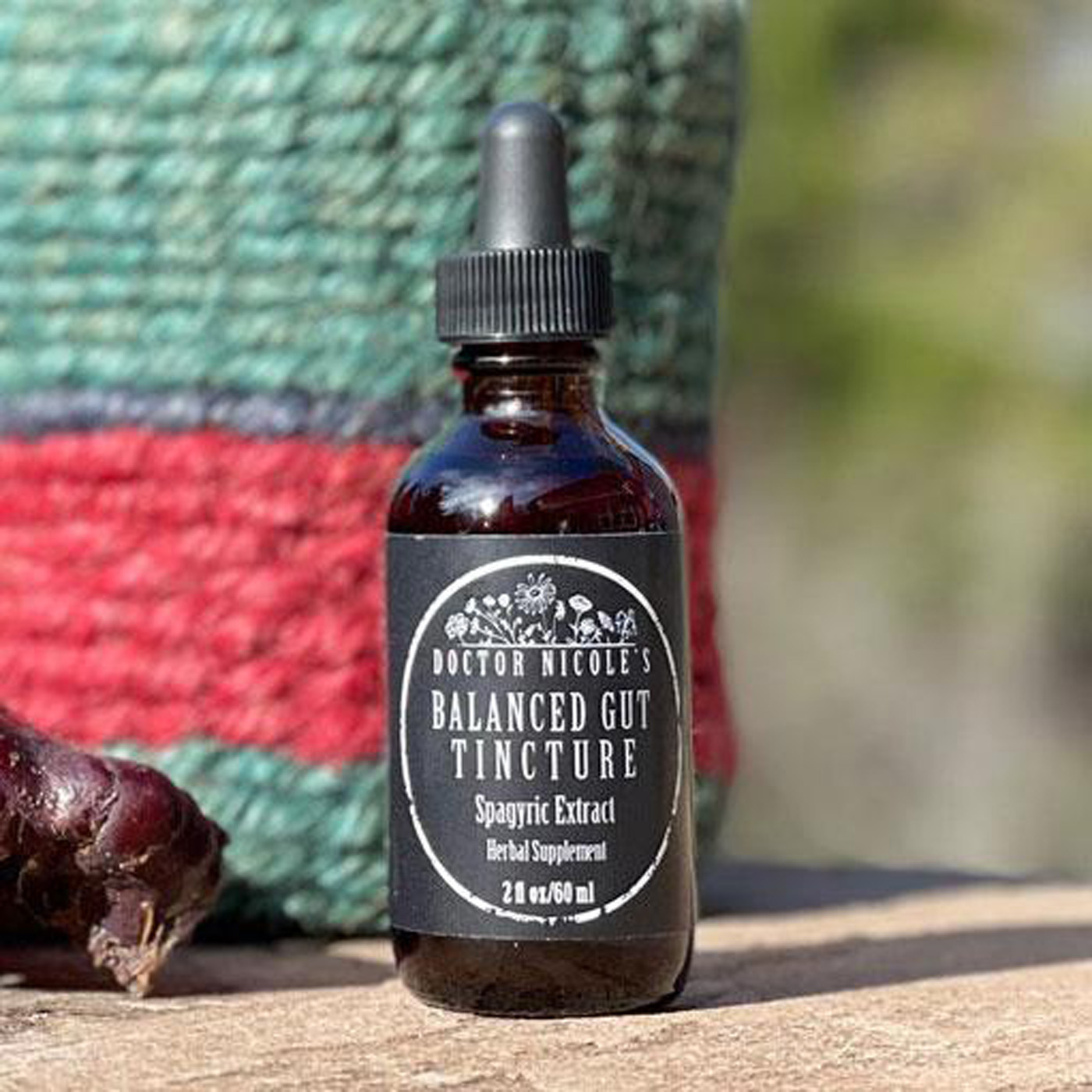The Mysterious Puzzle of Chronic Fatigue Syndrome
For many years, chronic fatigue syndrome (CFS) was considered a mystery illness with no known cause — and some physicians have gone so far as to deny its existence. But researchers have now uncovered several pieces of the puzzle that may lead to better treatment and health outcomes.
Classified as a disorder of extreme fatigue or exhaustion that doesn’t resolve with rest and isn’t linked with an underlying condition, CFS is often misunderstood. This type of fatigue impacts your daily activities and lasts for 6 months or more. Moreover, those with CFS often experience post-exertional malaise (PEM) that can last more than 24 hours and is triggered by physical or mental activities. Many times it involves chronic insomnia, memory issues, poor concentration, muscle pain, headaches, sore throat, and joint pain without swelling. Chills and night sweats are also common. Psychologically, it can cause irritability, depression, suicidal thoughts, anxiety, and anger.2
It can impact anyone, but it tends to be more common for women in their 40s and 50s.1 Some believe it is caused by a viral infection (particularly Epstein-Barr), significant psychological stress, a weakened immune system, food sensitivities, or hormonal imbalances. Other suspected viruses involved with CFS include Ross River virus (RRV), human herpesvirus 6, measles, coxsackie B, and rubella. It is also linked with chronic inflammation and low antioxidant status. One theory is that the body experiences a viral infection and is unable to control it, which leads to oxidative stress. Gut dysfunction also seems to be involved in CFS, as are adrenal fatigue and IBS.
While there isn’t a test to confirm CFS, healthcare practitioners can look for the symptoms and viruses mentioned above and complete a full health history to see if the patient fits the profile for the disorder. If you suspect you may be dealing with CFS and would like to address the underlying issues and symptoms naturally, below I discuss several herbal medicines and lifestyle tips that can help support you on the road to recovery.
Gut Issues, Food Intolerance, Vitamin Deficiencies
Researchers are finding a link between CFS and common food sensitivities to gluten, lactose, and casein. Tree nuts, peanuts, shellfish, yeast, and dairy are also implicated.5 I highly recommend having an IgG (Immunoglobulin G) test to pinpoint any trigger foods that may be a problem.
You may also want to have your serum vitamin B levels checked as people with CFS often have a deficiency in this area. Since many people tend to suffer from poor methylation, it’s important that your B-complex contains methylated vitamins to improve absorption and utilization. If you are unfamiliar with methylation, it is involved with detoxification and impacts nerve function, cardiovascular and cognitive health, and mood. Foods that are a good source of B-vitamins include: sardines, tuna, lamb, wild salmon, sweet potatoes, hazelnuts, cooked spinach, garlic, and bananas.
Adequate magnesium and potassium are important as well. Magnesium helps to improve energy,6 while potassium can assist with alleviating the irritability, muscle cramps, and fatigue associated with CFS. Spinach, chard, pumpkin seeds, almonds, black beans, avocados, bananas, and figs are good sources of magnesium. For potassium, focus on white beans, acorn squash, dried apricots, coconut water, spinach, avocados, sweet potatoes and mushrooms.
Candida can also be an issue. One study found that a high percentage of those who subscribed to an anti-candida diet experienced a significant reduction in CFS symptoms.4 Probiotic-rich foods, green vegetables, flax and chia seeds, and unsweetened cranberry juice are helpful. You also want to minimize or altogether avoid sugar, fruit, alcohol, and grains.
If candida is left untreated, it can cause leaky gut syndrome where an immune inflammatory response causes holes in the intestinal lining, which further aggravates the symptoms of CFS. A case in point is a study evaluating the association between leaky gut and chronic fatigue syndrome. The team concluded that the healing of leaky gut and the subsequent inflammation is “accompanied by a clinical improvement” in CFS symptoms.3
To help heal the gastrointestinal damage and inflammation caused by candida, harmful microbes, poor diet choices, and food sensitivities, many have had great success with my Balanced Gut Blend. It is a healing formulation containing anti-inflammatory reishi and turkey tail mushrooms, prebiotic plantain, calming slippery elm and marshmallow root, and regenerating lion’s mane mushroom. You can read more about the beneficial properties of each herb — and how each works synergistically to heal the gastrointestinal system — on the product page in my apothecary.

Lifestyle Tips
If you are struggling with CFS, it is important that you make downtime a priority. Stress management is also crucial. And getting enough true rest is paramount to recovery. This doesn’t involve only sleep — schedule at least a full day of complete rest each week where all responsibilities or commitments are put on hold. Unplugging during this time is vital.
Needless to say, sleep quality is key to overcoming CFS. Since those with the disorder often experience muscle spasms at night, restless legs, insomnia, and difficulty staying asleep, it is crucial that you establish a regular bedtime routine and sleep schedule. A relaxing bath, massage with essential oils, a mug of calming tea, and unplugging from your devices at least 90 minutes before bedtime are all helpful. My favorite essential oils for stress-relief and sleep include bergamot, lavender, jasmine, ylang ylang, and marjoram.
Herbal medicines also are important. My Sleep Blend tincture is a powerful formulation of valerian root, hops, chamomile, passion flower, and magnesium glycinate. Working together, they help to address restlessness, stress and anxiety, muscle aches, and insomnia. Visit the apothecary today to learn more about the science behind these herbs and how they can improve poor quality sleep associated with chronic fatigue syndrome and other health concerns, including menopause.
Finally, a good night’s sleep!
“I’ve been using the Sleep Blend Tincture for about a month and I’m very pleased. I am post menopausal and have had problems sleeping for years. I also had a long-haul severe respiratory illness and that ruined my sleep as well. I’ve tried pharmaceutical sleeping aids, melatonin and other herbal mixes. I take about 1.5- 1.75 droppers full of your tincture and I sleep deeply and well from 10 pm until about 5 am.” – Jill
Exercise
Lastly, don’t forget about exercise. While it may seem counterintuitive when you are fatigued, taking part in gentle to moderate activity will help you to heal by reducing stress, promoting mental clarity, and alleviating depression. A study published in the European Journal of Clinical Investigation found that those with CFS who participated in aerobic and at-home exercises for 5-15 minutes, five days a week experienced heightened physical, mental, and emotional wellbeing.7 Yoga, walking, swimming, and rebounding8 on a mini-trampoline are all excellent options. Avoid high-intensity workouts as they can cause a relapse in symptoms that last for days.
A Few Final Thoughts
While chronic fatigue syndrome is challenging, it can be overcome with diligent self-care. You may find it helpful to discuss your condition with family members and friends, including how they can help to support you while you heal. Community and connection are important, especially when dealing with chronic illness. It is my hope that the suggestions I have presented here will help you to regain vitality and health. All my best to you!
Nicole Apelian
Nicole’s Apothecary Products in this Post
References
-
“Chronic Fatigue Syndrome”, U.S. Department of Health & Human Services: Office on Women’s Health. https://www.womenshealth.gov/a-z-topics/chronic-fatigue-syndrome
-
Fuller-Thomson, E., & Nimigon, J. (2008). Factors associated with depression among individuals with chronic fatigue syndrome: findings from a nationally representative survey. Family practice, 25(6), 414–422. https://doi.org/10.1093/fampra/cmn064
-
Maes, M., & Leunis, J. C. (2008). Normalization of leaky gut in chronic fatigue syndrome (CFS) is accompanied by a clinical improvement: effects of age, duration of illness and the translocation of LPS from gram-negative bacteria. Neuro endocrinology letters, 29(6), 902–910.
-
Erica White, Caroline Sherlock. “The Effect of Nutritional Therapy for Yeast Infection (Candidiasis) in Cases of Chronic Fatigue Syndrome.” September 2005, Journal of Orthomolecular Medicine 20(3). https://www.researchgate.net/publication/242774819_The_Effect_of_Nutritional_Therapy_for_Yeast_Infection_Candidiasis_in_Cases_of_Chronic_Fatigue_Syndrome
-
Manu, P., Matthews, D. A., & Lane, T. J. (1993). Food intolerance in patients with chronic fatigue. The International journal of eating disorders, 13(2), 203–209. https://doi.org/10.1002/1098-108x(199303)13:2<203::aid-eat2260130208>3.0.co;2-u
-
Cox, I. M., Campbell, M. J., & Dowson, D. (1991). Red blood cell magnesium and chronic fatigue syndrome. Lancet (London, England), 337(8744), 757–760. https://doi.org/10.1016/0140-6736(91)91371-z
-
Van Cauwenbergh, D., De Kooning, M., Ickmans, K., & Nijs, J. (2012). How to exercise people with chronic fatigue syndrome: evidence-based practice guidelines. European journal of clinical investigation, 42(10), 1136–1144. https://doi.org/10.1111/j.1365-2362.2012.02701.
-
“Why You Should Try Rebounding and How to Get Started”, Ashley Marcin, Daniel Bubnis, M.S., NASM-CPT, NASE Level II-CSS. https://www.healthline.com/health/exercise-fitness/rebounding






